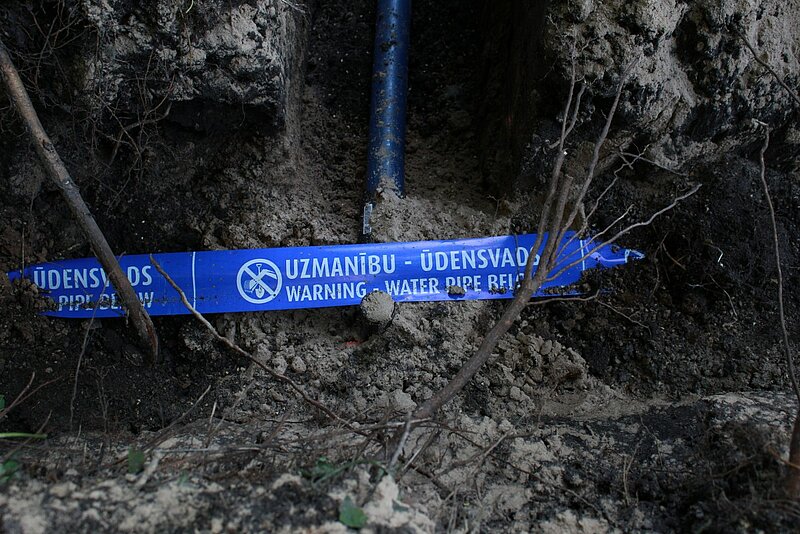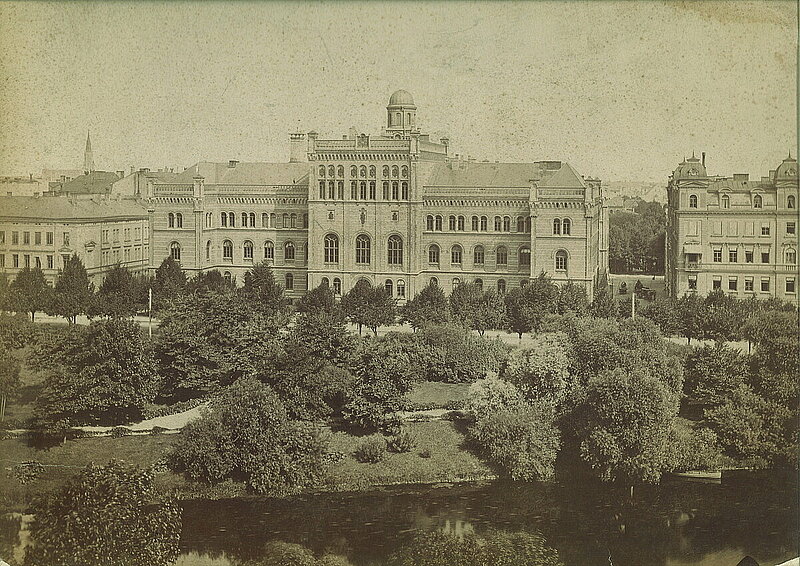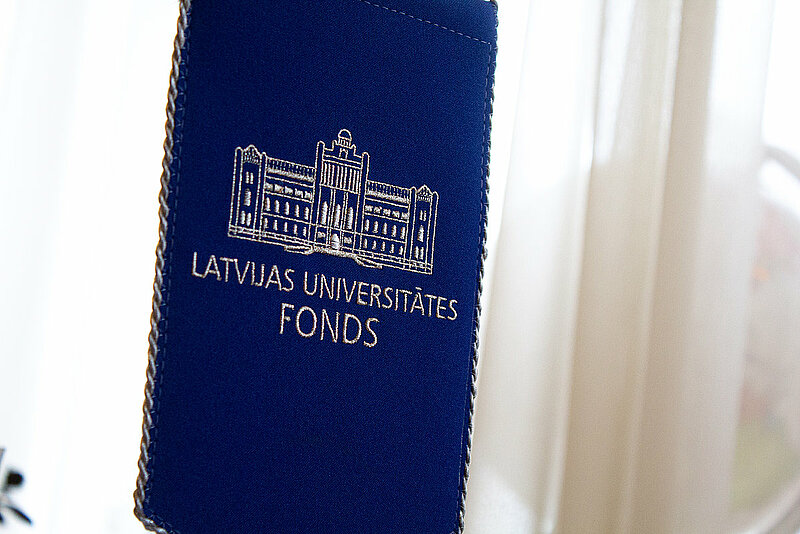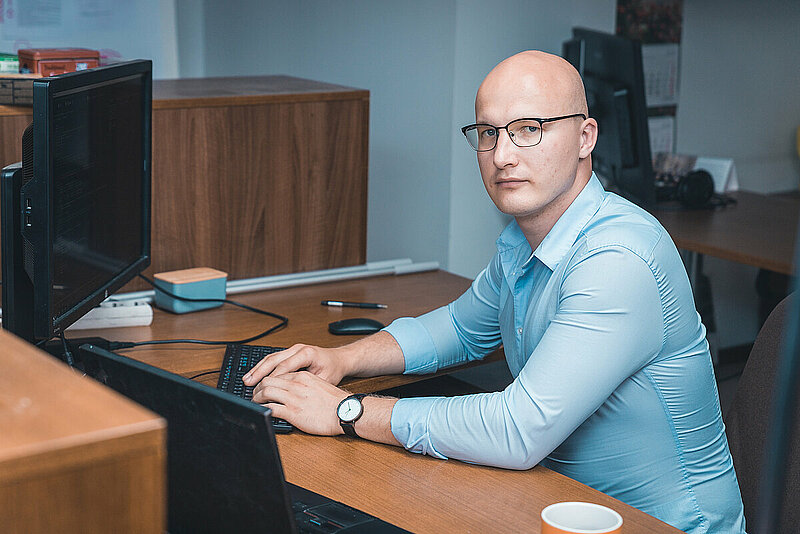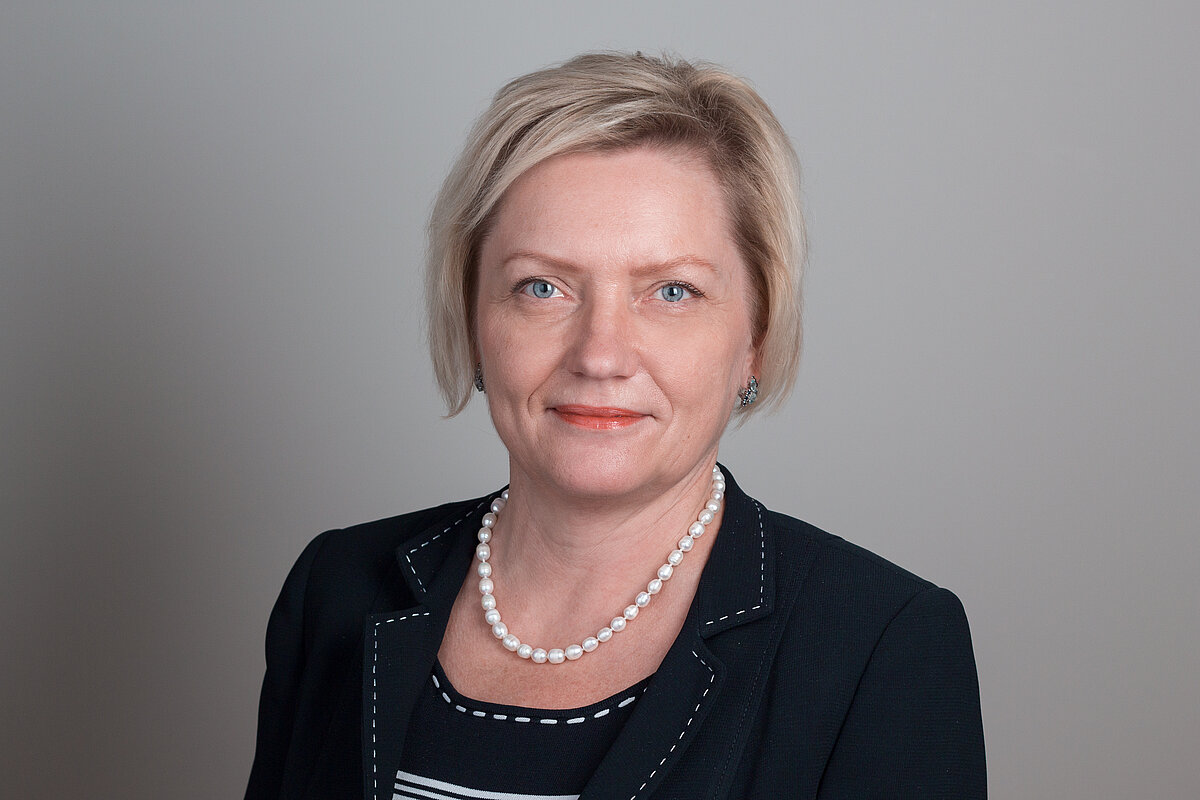
The University of Latvia (UL) Foundation is like a bridge between patrons with their ability to support and students and researchers of the UL who need this support for future development and implementation of projects. The executive director of the UL Foundation Laila Kundziņa talks about the culture of donation in Latvia and the future vision of philanthropy.
The culture of donation is several thousands of years old, first-ever known donator is Gaius Cilnius Maecenas and his surname has become a common noun for all of those who had donated in the past and for those who continue to donate to this day. He was a Roman statesman and, interestingly, he donated to cultural works of art and supported even those who had opposite opinions in politics as he did. The keyword is “selfless”, selfless donation for excellence.
From campaigns to regular support
The traditions of donation are quite ancient. Slowly there is an opinion coming back that donating regularly is a normal part of everyday life. Previously donating was more of a “campaign” type of activity. For instance, when “Maxima’s” tragedy happens, people donate two million Euros, if there is a war going on – people donate. When something frightful happens, people immediately offer to help.
Of course, donation is crucial when there is an instant necessity, but we in the UL Foundation look for investment in people, leaders of the future, leaders of projects and researchers. Those are investments in science, education and research. And investment in people – both students and groups of researchers. There forms this added value, because later on they will be the ones who benefit a certain group or society in general.
The goal of the UL Foundation is for our patrons – more than four thousand (people, companies, organisations – editor) – to create such an “annual reflex” to donate as little as 10 Euros. 10 Euros is a decent meal for lunch in a medium-class restaurant, but donating this amount every month for one year turns out to be 120 Euros – that is half of the monthly “Ceļamaize’s” scholarship for one student (scholarship is 220 Euros a month – editor).
Why is it difficult, why don’t people want to donate? One aspect is the consequences of the pandemic and the consequences of war; therefore, people want to save up their money. However, I think that the biggest impact on the culture of donation was during 50 years of the Soviet occupation when the culture of donation got eradicated by implementing ”obligatory payments” when people were forced to “donate” a part of their income sometimes even for things that were incomprehensible and unnecessary. And that created contradictions and resistance to donation altogether.
The “portrait” of donators of the UL Foundation – educated individuals with a sense of belonging to the UL
I like the designation “portrait” because it’s what we say to our stipendiaries – once you are in the status of “patron-stipendiary” you become the face of the UL Foundation. And similarly, with patrons – there are many “portraits” that we possess.
Let’s begin with the interwar period – Kristaps Morbergs, the great patron, bequeathed all his properties to the UL. Hence, patrons are wealthy people and, if looking back in history even further, for Latvians as an emerging nation the will to achieve positive changes with their resources arose already during the ancient Latvian movement. For example, back then wealthy people came together at the table with their money and said: “Let’s organize the first-ever Song festival!”. And they did it.
If we examine the already mentioned interwar period, after the establishment of the University, patrons are wealthy people who have procured their capital thanks to their abilities, knowledge and intelligence. They are mature individuals. For instance, I’ll mention a couple of the brightest examples from the interwar period stipendiaries of Kristaps Morbergs who gave back added value to Latvia’s and world’s development – they are Konstantīns Čakste, lawyer and social worker, and Edgars Dunsdorfs, the world-renowned historian. Both of them were lecturers at the UL. The investment in their personalities in the form of a five-year scholarship has given back an incredible amount of benefits.
Nowadays, starting from the nineties, the portrait firstly is the successors of the previous UL students, lecturers and administration workers who were forced to emigrate from Latvia in 1944. For example, Anna J. Čakste-Rollins arrived in Latvia at the beginning of the nineties and started to support various initiatives. Guntis Bērziņš, who is the grandson of the first-ever elected rector, is paying scholarships to the students from the faculty of humanities since 1996. Jānis Priedkalns as well whose parents graduated from the UL – father as a theologian and mother as a veterinarian. Hence, diaspora was closely related to the UL up until the autumn of 1944. All those 50 years of occupation the UL reminded them of Latvia and its desire for independence.
The thing I am very happy about is that graduates, who are wealthy, want and can support others and who follow everything that is going on in the UL with great interest, show up in the portraits of the patrons of the UL. Those are company managers and decision makers.
During this year a new type of support has been added – support for a donation campaign together with a cooperation partner. For instance, in a car service “Avdeeva & Kopilkov atelier” there is a donation box in the shape of a tire where clients of this car service can donate for the reconstruction of the rhododendron plantations in the Botanical Garden of the UL.
The patrons never stop creating new ideas, companies are interested in supporting talented adolescents because students could be their potential workers or clients.
Today’s student – future patron
The UL Foundation is a foundation with a public benefit status, our goal is to support the UL. We can’t suddenly decide: “Oh, we now want to collect money for this and that!”, start collecting the money and in the end, nothing happens. Before each campaign, we have to clearly and strictly understand if we will truly succeed in collecting all the resources so that we don’t end up in halfway understanding that we won’t complete the goal. And for patrons who invest their money, it’s necessary to see the end results. In other words, every campaign has to be successful!
A few years ago there was a critical necessity to restore the organ in the big hall in the UL which was 78 years old at that time, donations were being collected specifically for restoring the organ. 40 thousand Euros were donated and thanks to these donations the organ of the UL was reborn again. That was an acute need for the UL that we understood and supported.
Our vision of the future is more significant participation in donating from the graduates, which is a work that has to be started when the potential student comes to submit his documents. The student has to encode that he is a part of the UL, of the faculty that he belongs to and he has to talk about options so that he understands the concept that everything that he has gotten here he could bring back to his Alma Mater in monetary terms sometime in the future even in little amounts. It’s a relationship where human is like a flower – if you don’t water it, it will wither. It’s similar in relationships, if we don’t communicate with one another then it happens as in this well-known quotation – what goes away from the eyes, goes away from the heart.
Looking at the culture of donation all around the world, we can say that we are still in “baby diapers”. But I hope that we will be able to powerfully grow out of these baby diapers with the support of such ambitious and grandiose projects. For example, for 4-5 years several hundreds of thousands of Euros could be invested in the growth of a certain research group so that they would climb up at least to fifth place in the world by moving up from one hundred and fiftieth place where they currently are.

 Academic Centre
Academic Centre

